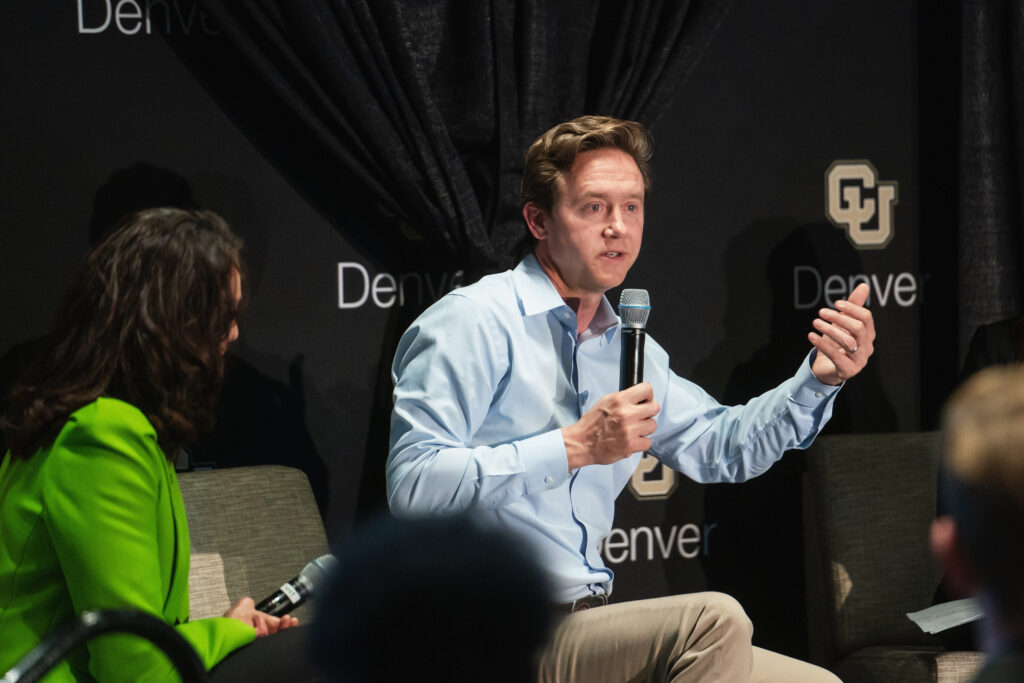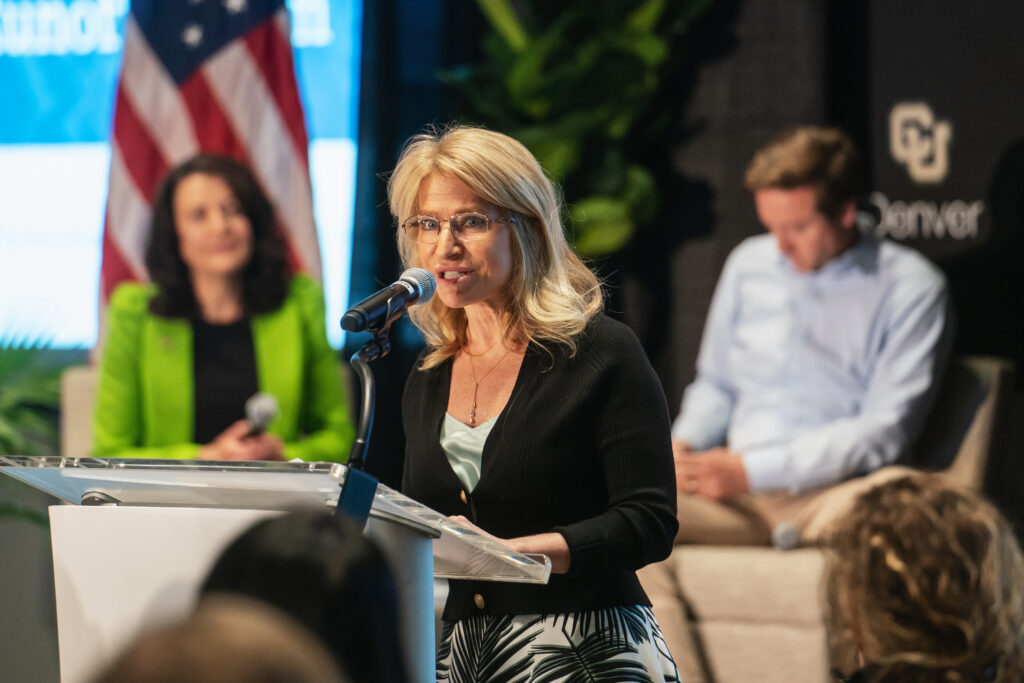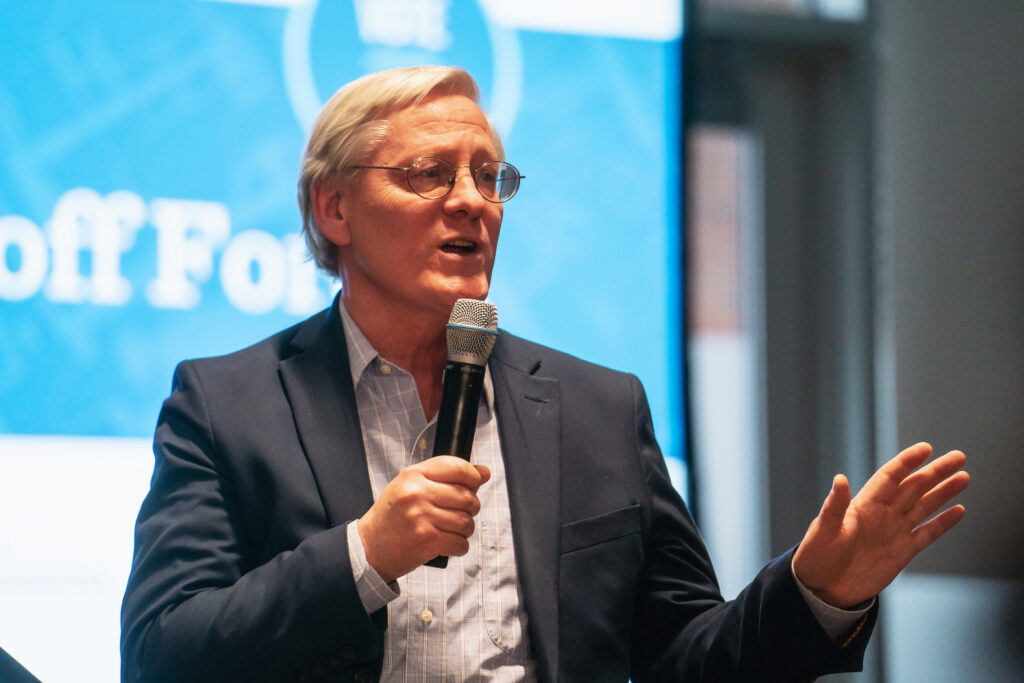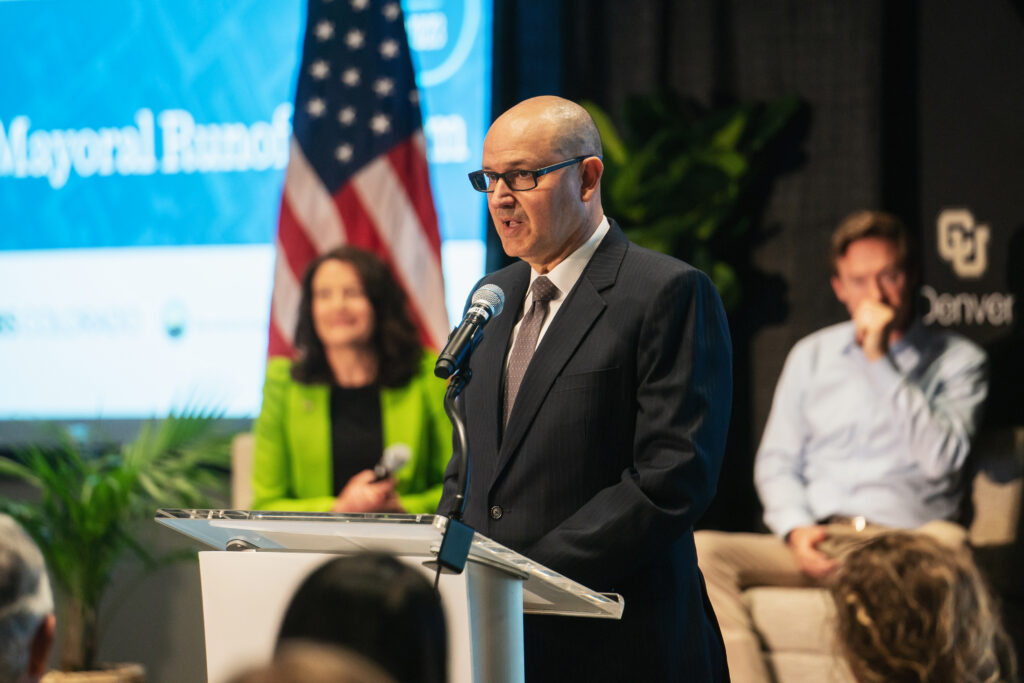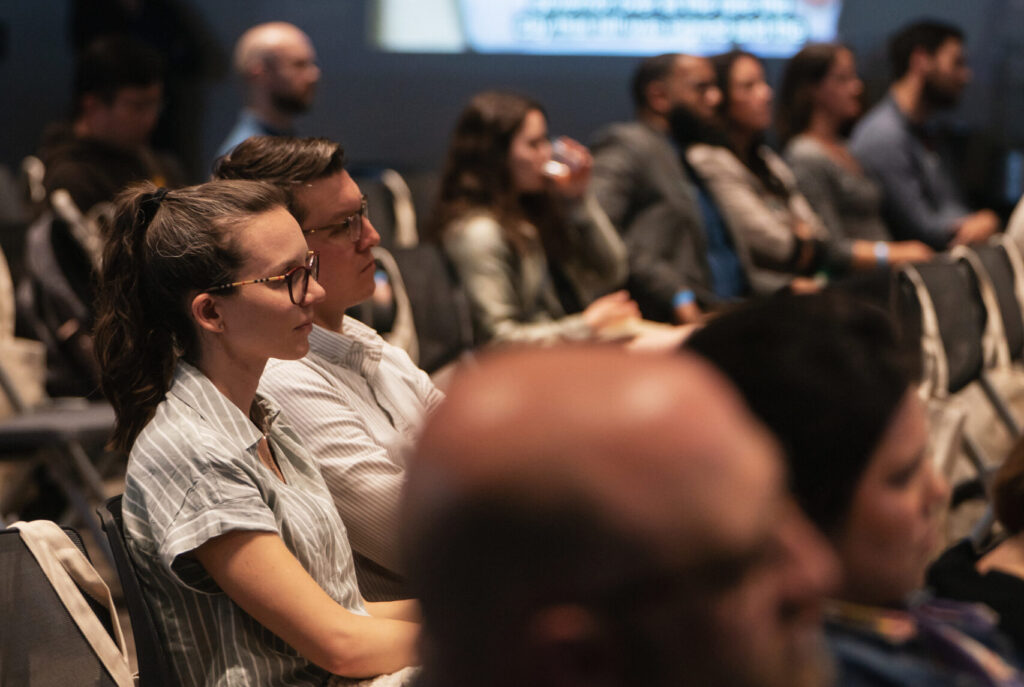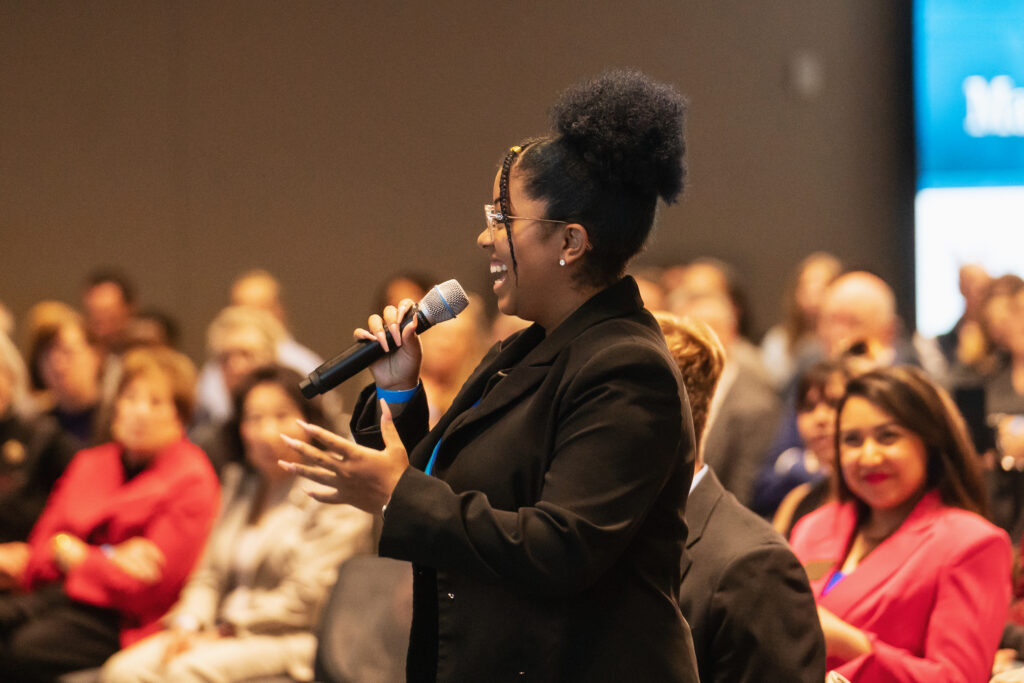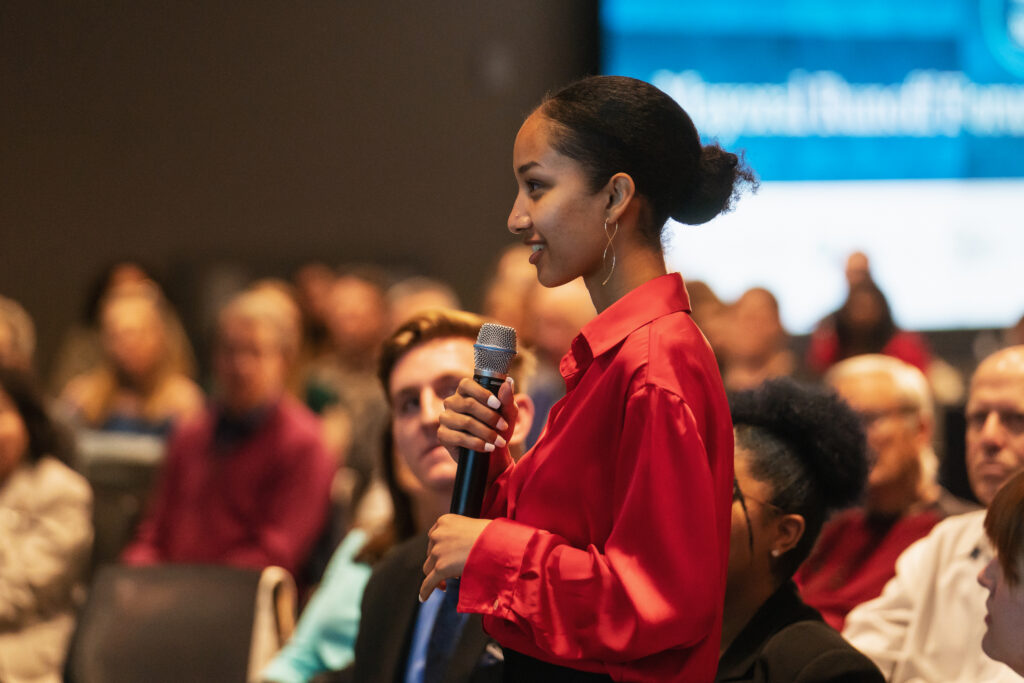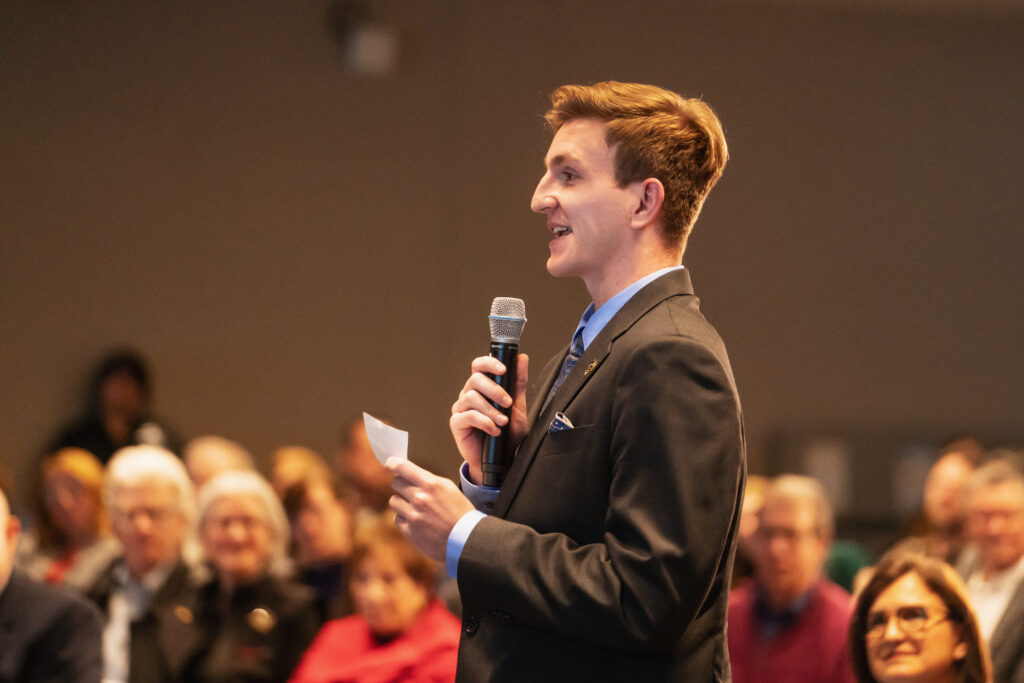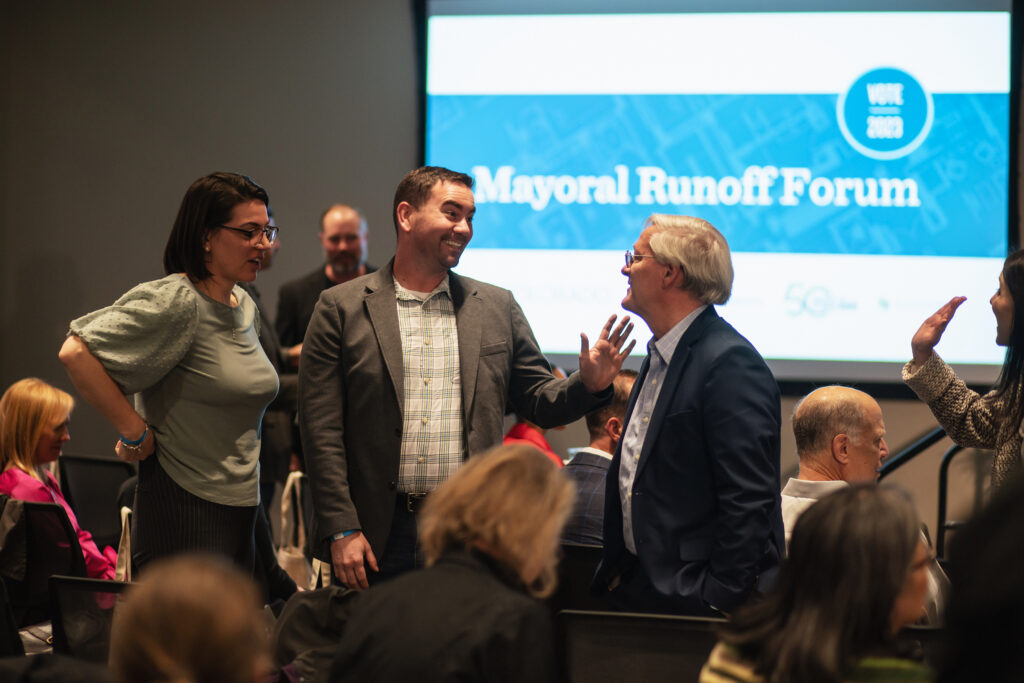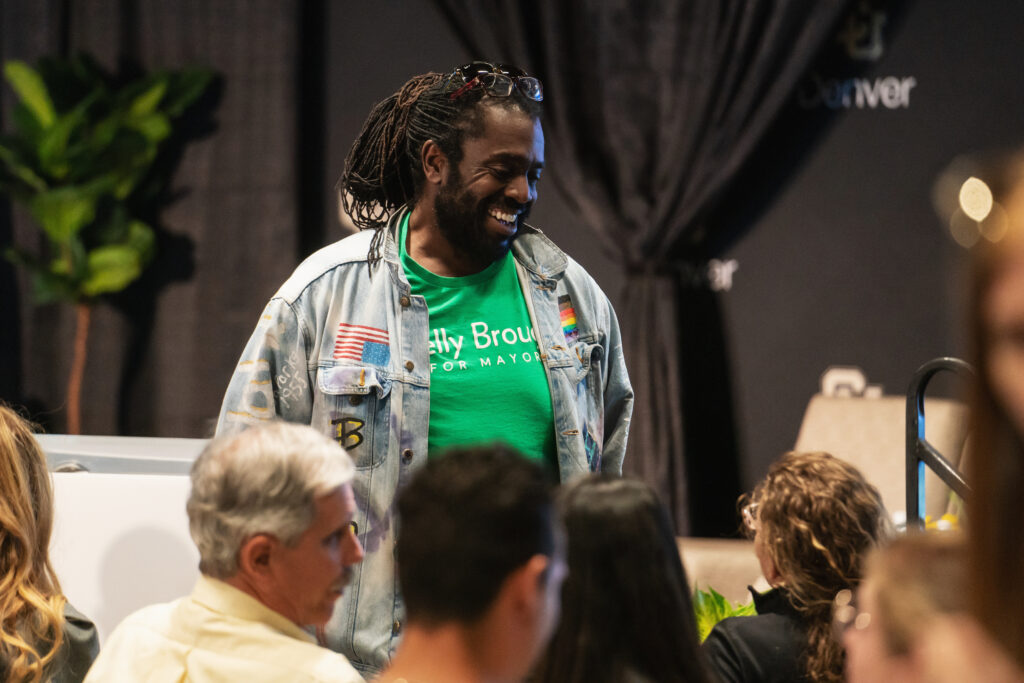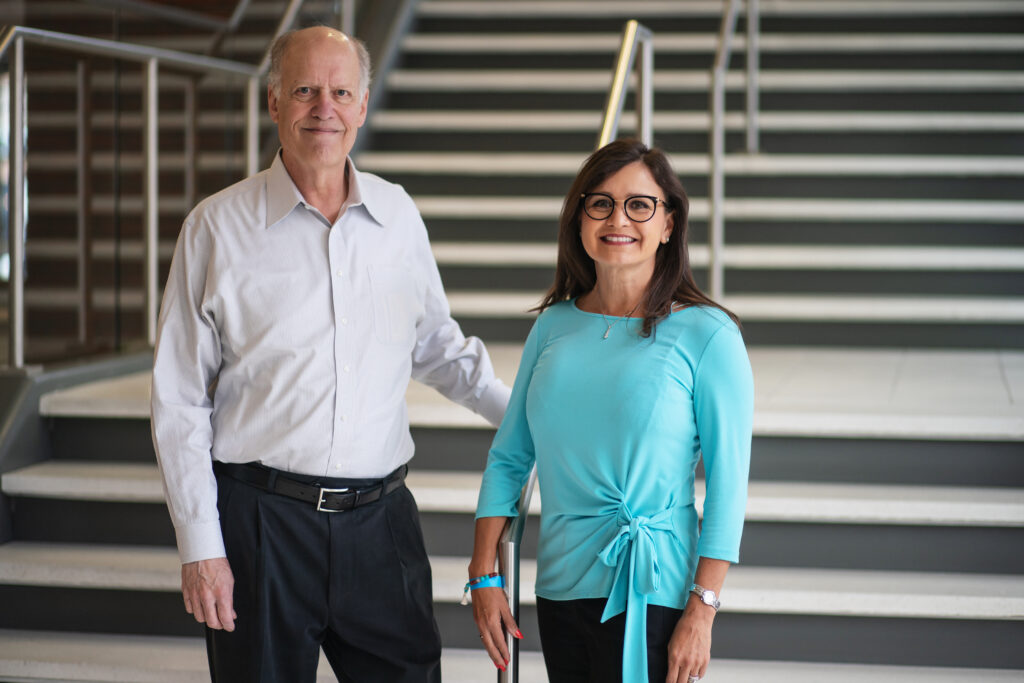Images by Amanda Tipton Photography
Vote by June 6!
After a crowded race for the Denver mayoral seat, Kelly Brough and Mike Johnston moved on to a runoff election.
The seat is one of the most powerful roles in the City and County of Denver, which is why we decided to host a mayoral forum. Not a debate, but a thoughtful discourse about the issues that matter most to our communities.
We partnered with CBS Colorado and CU Denver School of Public Affairs for the event on Monday, April 24th. We solicited questions from our nonprofit partners on priority topics for the foundation, such as climate, economic opportunity, education, and housing. College students also had the opportunity to ask their own questions.
It was a true community effort to help Denverites determine who should be our next mayor. The Denver Foundation is happy to be a meaningful part of our civic fabric.
Article provided courtesy of CBS Colorado – Read Below
Denver mayoral candidates vow to make the city more diverse, equitable, and inclusive
By Shaun Boyd. April 25, 2023 / CBS Colorado
The candidates for Denver mayor say they know the city has a lot of work to do when it comes to diversity, equity and inclusion.
Kelly Brough and Mike Johnston discussed their plans for addressing that at their latest forum. The event at the University of Colorado Denver was hosted by The Denver Foundation and CBS News Colorado.
Denver has seen a big influx of wealthier and whiter residents over the last decade. A study by the National Community Reinvestment Coalition found the city has seen more displacement of Latinos, on average, than any major city in the country. And Five Points is now more than fifty percent white.
Both candidates addressed equity in the context of climate policies. Johnston says he would install solar gardens in low-income neighborhoods. Brough says she would help those neighborhoods electrify their homes.
Raised by a single mom on welfare, Brough says she understands how even a trash fee – meant to increase recycling – can hurt the city’s poorest, “To me that’s exactly the example of what we have to be very sensitive to as we try to address these issues of when the house costs more because of the way we’re building it.”
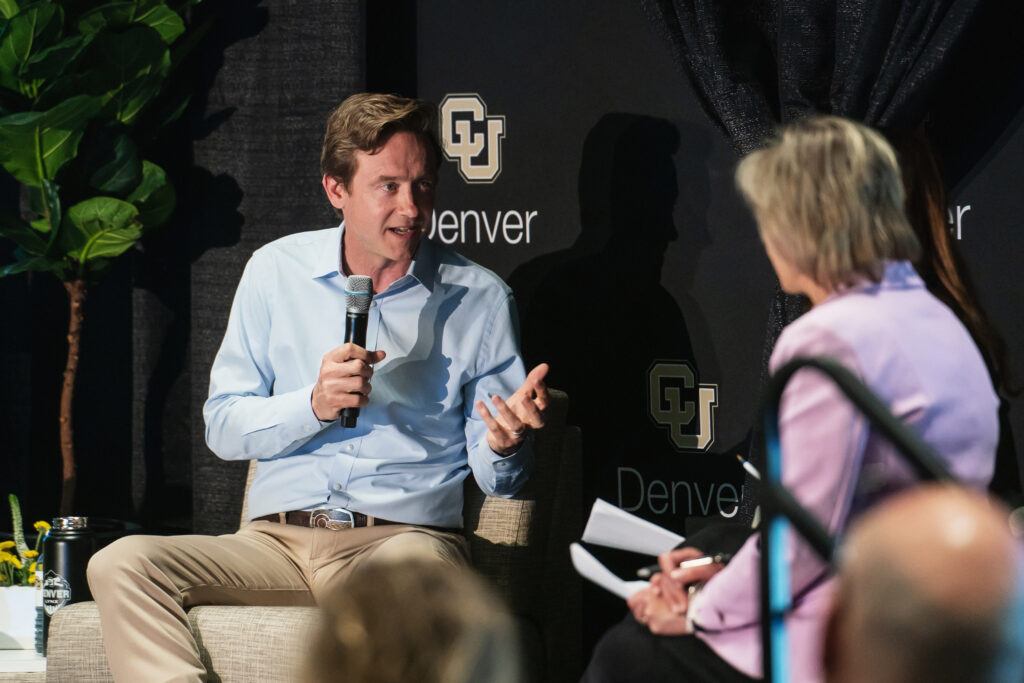
A teacher in some of the poorest neighborhoods in the country, Johnston says he understands the importance of building wealth and would donate city land, while maintaining 30 percent ownership, to spur development in low income neighborhoods, “When you build and develop some commercial, some retail, some residential, when that’s fully built, we’re going to take our 30% ownership, we’re going to distribute that 30% ownership to all of the residents of Globeville who were in that neighborhood before this development came. Which means now, if there’s a dividend to pay each year, that’s getting paid to the very neighbors who built that neighborhood.”
Both also laid out plans to increase affordable housing. Johnston says he would use money from a fund created by Proposition 123, which he spearheaded, to build 25 thousand permanently affordable units, “That means if you are making $40,000 a year you can live in one of these units as first-year teacher and you are guaranteed that your rent never goes up over $1,000 a month if you make $40,000 a year. Your rent doesn’t go up if your income doesn’t go up.”
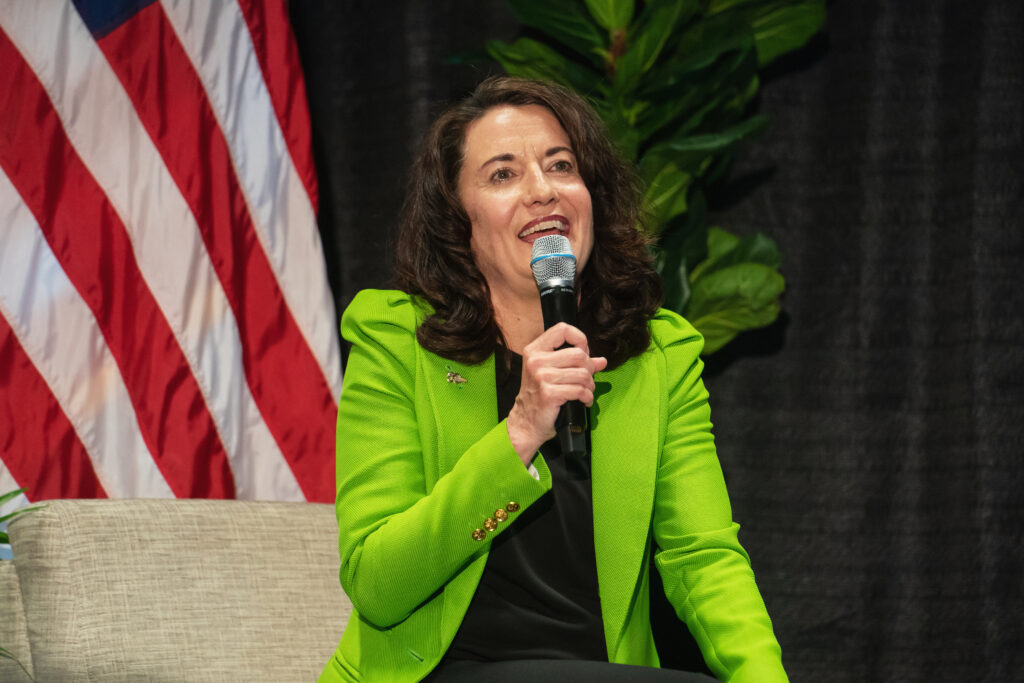
While Johnston says the affordable housing fund created by Prop 123 will dole out $300 million a year, Brough says – based on state forecasts – the money isn’t there without cuts somewhere else.
She proposed the city get into the leasing business, “You might say, as mayor I’d like to lease, to rent 3,000 units for three years. In essence, what you’re starting to do is buy down some of the price of that rent, you also lock it in for three years. Most importantly, what you do is you get the phone call before someone’s evicted, so you can actually help ensure you’re keeping them housed.”
Denver has seen several long-time minority-owned businesses close in recent years, like Welton Street Cafe, which Johnston says has been waiting 18 months for a bridge loan from the city to reopen. He says Denver needs to prioritize funding for iconic businesses like the cafe. Brough says it also needs to increase efficiency for those businesses when it comes to things like permitting.
